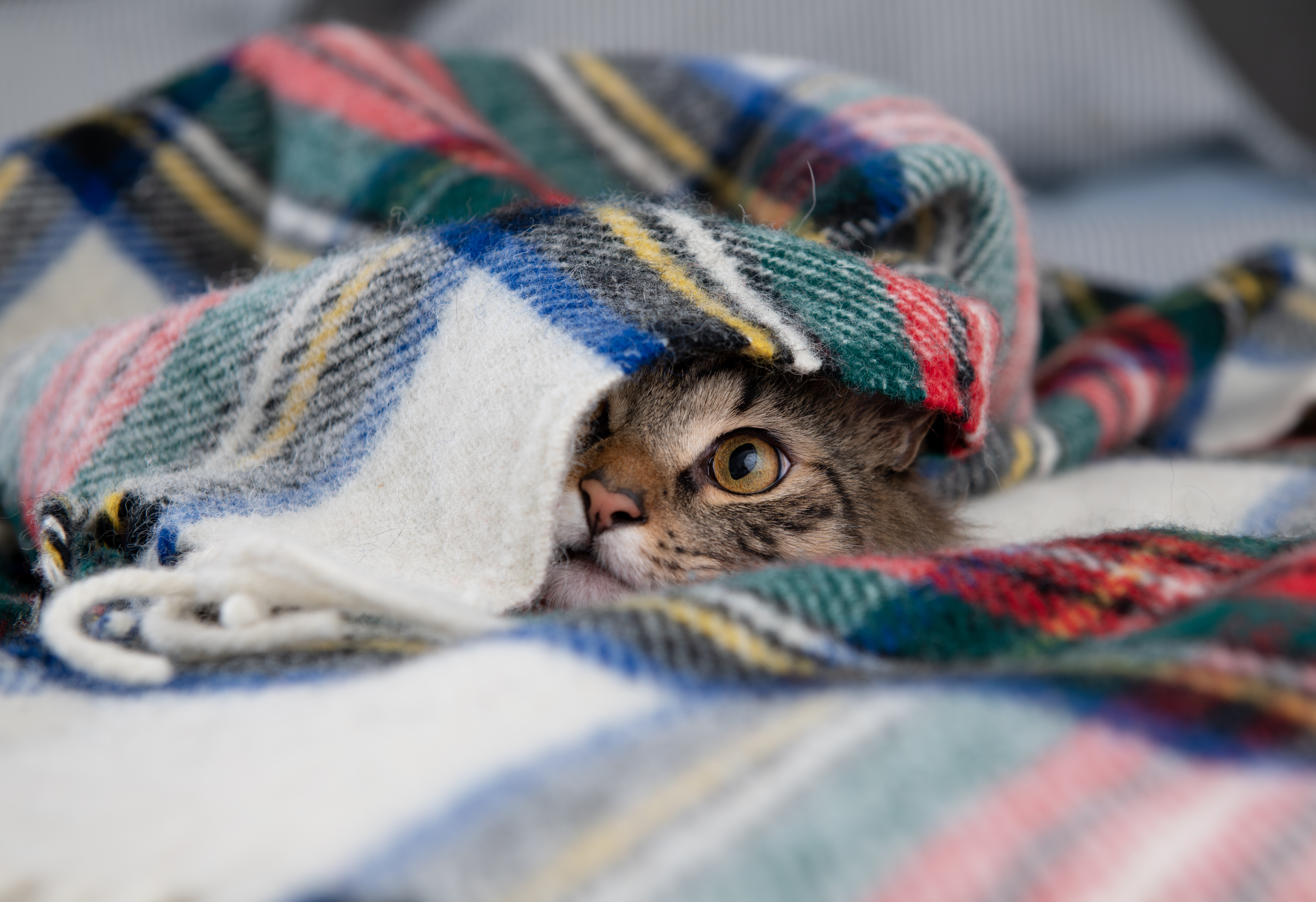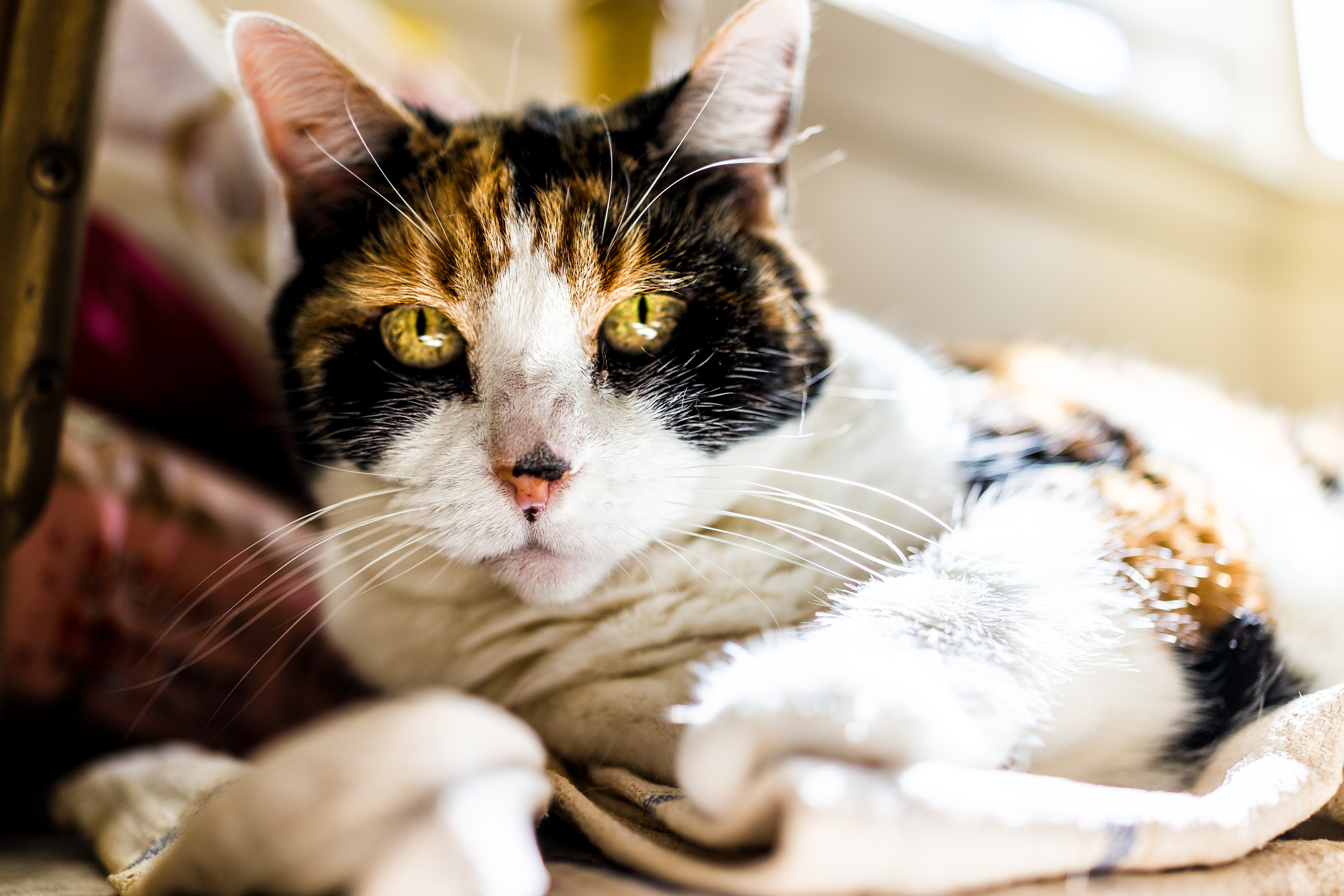August 22, 2022, is National Take Your Cat to the Vet Day, a day that serves as an important reminder to all cat owners to schedule their cat's routine wellness check-up. While it's easy for pet owners to skip an annual veterinary visit if their cat is healthy and happy, they are critical to preventive care and catching diseases early. Following are five great reasons cat owners should be very consistent about taking their cat to the veterinarian every year.
1. Cats are Incredibly Stoic Creatures
Cats have a reputation for being very good at hiding signs and symptoms of illness, often physically hiding when they feel ill. A cat could be developing a serious health complication that an owner hasn't yet noticed but that a regular wellness exam will reveal before symptoms progress. Skipping an annual check-up could mean the difference between successfully addressing early-stage disease in your cat and treating something more advanced.
2. Behavioral Changes Might Mean More Than You Think
As cats age, pet owners often dismiss changes in behavior as natural. As veterinarians, however, we like to stress that aging in and of itself is not a disease. Perhaps your senior cat is eating less with a reduced activity level, or maybe they've gained a few pounds or have demonstrated a few episodes of aggressive behavior. Any changes to your cat's behavior should be addressed with your veterinarian during a check-up, as they could be related to hidden diseases. What you consider minor adjustments to their habits or personality might spark concern by your veterinarian.

Behavioral changes in your cat could be a sign of the following conditions:
- Arthritis
- Hyperthyroidism
- Inflammatory Bowel Disease
- Feline Leukemia
- Diabetes
- Upper Respiratory Infection
- Dental disease
The ASPCA identifies common cat behavioral issues, what they could mean, and how to address them.
3. Preventive Care is Always Smart
An annual wellness check-up with your veterinarian allows you to reexamine your cat's health history and ensure they're on the path to a long, healthy life. Preventative care includes changing your cat's diet as they age, adding supplements for optimal health, receiving proper vaccine boosters, and making simple lifestyle changes to turn around any early signs of disease. Conversely, reactive care means your cat has already been experiencing pain and discomfort, requiring intervention to stop a disease from progressing. Reactive care can not only impact your cat's longevity and quality of life but is also far more costly.

4. Cats Age Quicker Than We Want to Believe
When comparing the speed of aging in cats versus humans, it's essential to recognize that cats reach the human age of 15 in their first year of life. By their second year of life, they are the human equivalent of 24 years old. After that, cats age four "cat years" for every calendar year while humans only age one year. This speed of aging makes annual veterinary visits critical, as a lot can change in four cat years. Translated to how humans care for themselves with an annual physical with their Primary Care Physician, one skipped veterinary check-up is the equivalent of four missed human physicals.
5. Their Weight Might Be More of a Problem Than You Think
Cat obesity is a common problem, with more than half of cats deemed overweight by their veterinarians. An annual check-up will include a weight assessment, with specific instruction from your veterinarian on changes needed to the volume of food your cat is eating, the type of food given, exercise regimen, and the need for supplements. A cat that is even three pounds overweight is more prone to diabetes, kidney disease, and heart conditions. Hill's Pet Nutrition offers insight into managing your cat's weight.
Contact us to learn more about the importance of regular veterinarian visits for your cat. We'd also like to point out that we know that cats are notoriously challenging to take to the veterinarian (hence the National Take Your Cat to the Vet "holiday!"), but we're also happy to share tips on conquering the cat carrier and easing the entire transition for you and your cat.



